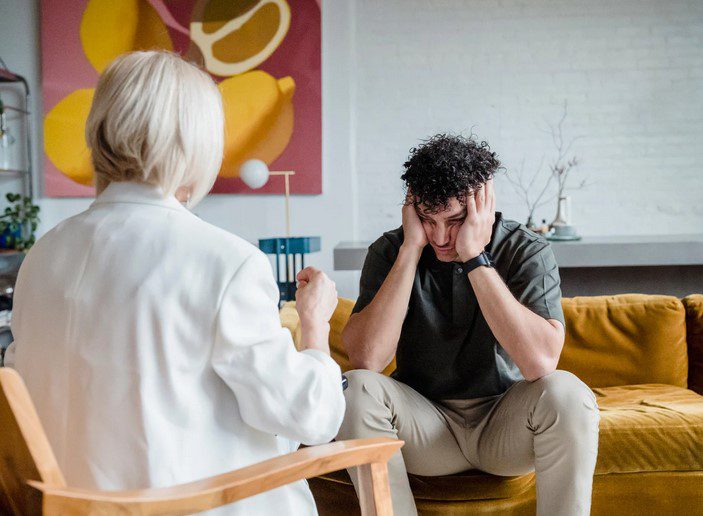How to Deal with Therapy Hangover After Psychotherapy
Psychotherapy has always been linked with the so-called therapy hangover where a person experiences being drained out after dealing with different complex emotions. The truth is that it can be quite exhausting to discuss your inner state with a therapist. There are even instances when people feel so much worse following a session compared to how they felt when they started.
To make things worse, most people no longer have the choice to decide when and if they even need therapy in the first place. Since the world suffered from the harsh effects of the COVID-19 pandemic, an increasing number of people are searching for assistance, leaving mental health professionals in a serious dilemma of catering to the surging demand.
The tough competition for appointment schedules might leave you with no other option but to try to squeeze teletherapy into a busy workday. While this is an advantage for those who have access to technology and can afford to do so, it only leads to yet another tricky question: how can you overcome therapy hangovers and return to your everyday responsibilities?

One of the most common and treated forms of psychological disorders is depression.
According to experts, there are several ways to decompress and go on with your day after therapy. And the good news is that therapy hangover isn’t such a bad thing all the time. This may also indicate that your effort and hard work are starting to pay off.
If your full attention is on emotionally laden topics during psychotherapy, which is exactly what a lot of people do, feeling tired after the appointment is normal and even indicates that your work was fruitful.
Common Causes of Therapy Hangover
Feeling depleted or tired after therapy is normal and common for people. This is almost the same as other experiences that involve intense emotions, like crying for hours when grieving or having a big fight with a loved one.
During therapy, you are typically asked to face things that threaten you in some way. The goal here is not to avoid discomfort and to lean into it instead.





